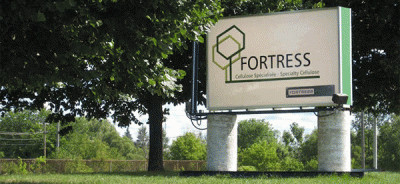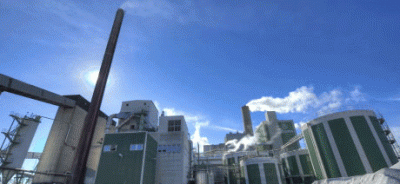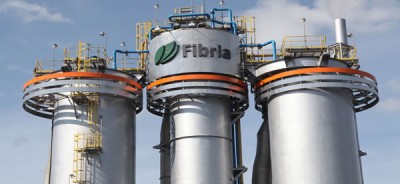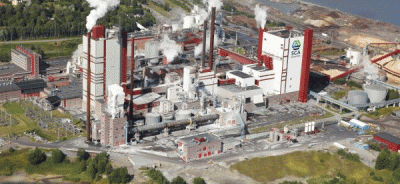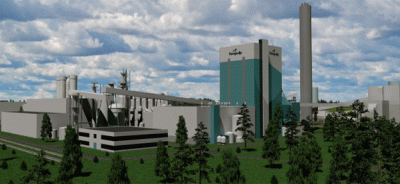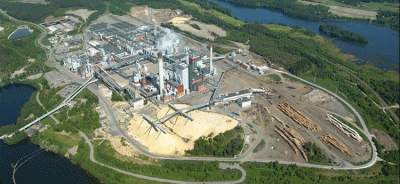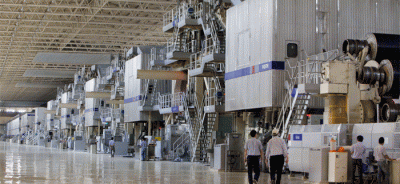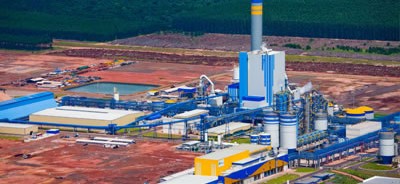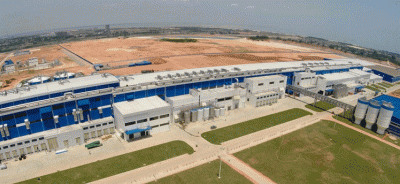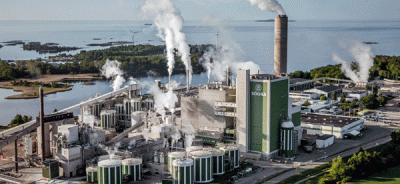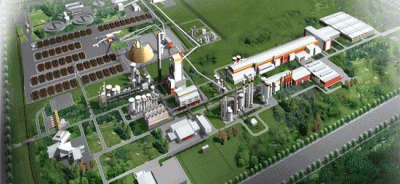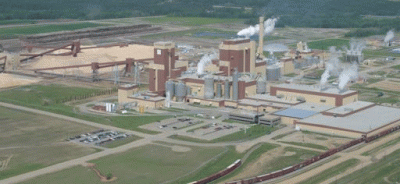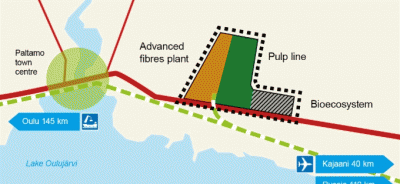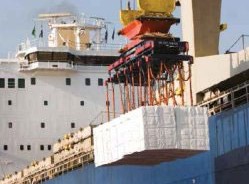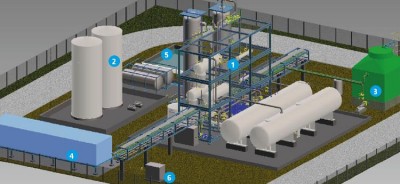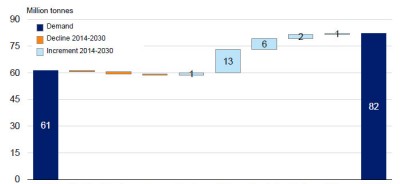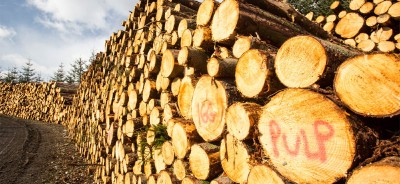Pulpwood Costs Have Fallen Substantially Worldwide
(Seattle, USA, May 11, 2016) Wood cost is the factor that often determines the competitiveness of a pulp manufacturing plant or region, because it is the largest cost component when producing wood pulp. During the past few years, this cost has varied between 45% and 70% of the total cash cost, depending on product grade and the costs of other components such as chemicals, energy and labor, according to Wood Resource Quarterly.
Hardwood fiber prices continued to fall in most of the major pulp-producing countries in the world in the 4Q/15. The biggest declines were seen in Brazil, Chile, Russia, France, Germany and Indonesia. In most regions, the price adjustments occurred in both in the local currencies and in US dollar terms. The hardwood price index (HFPI) fell over two percent from the 3Q/15 to a level that was almost 10% lower than in the 4Q/14.
Russian pulp mills have substantially lower wood fiber costs than most competitors around the world thanks to the weak Ruble. Prices for hardwood pulplogs were less than half of the average prices in Brazil and Chile in the 4Q/15, according to the latest issue of the Wood Resource Quarterly. In US dollar terms, current price levels are also half of what they were two years ago. Pulplog prices throughout Europe have also fallen quite substantially the past few years but remain among the highest in the world.
With the exception of the US South and New Zealand, softwood fiber prices were also down throughout the world in the 4Q/15. The declines ranged between two to ten percent from the previous quarter. The softwood price index (SFPI) was US$88.46/odmt, a reduction of 1.4% from the previous quarter and 7.5% lower than the same quarter in 2014. Both the SFPI and HFPI are currently at the lowest levels in over ten years. (Source: Wood Resource Quarterly press release)



